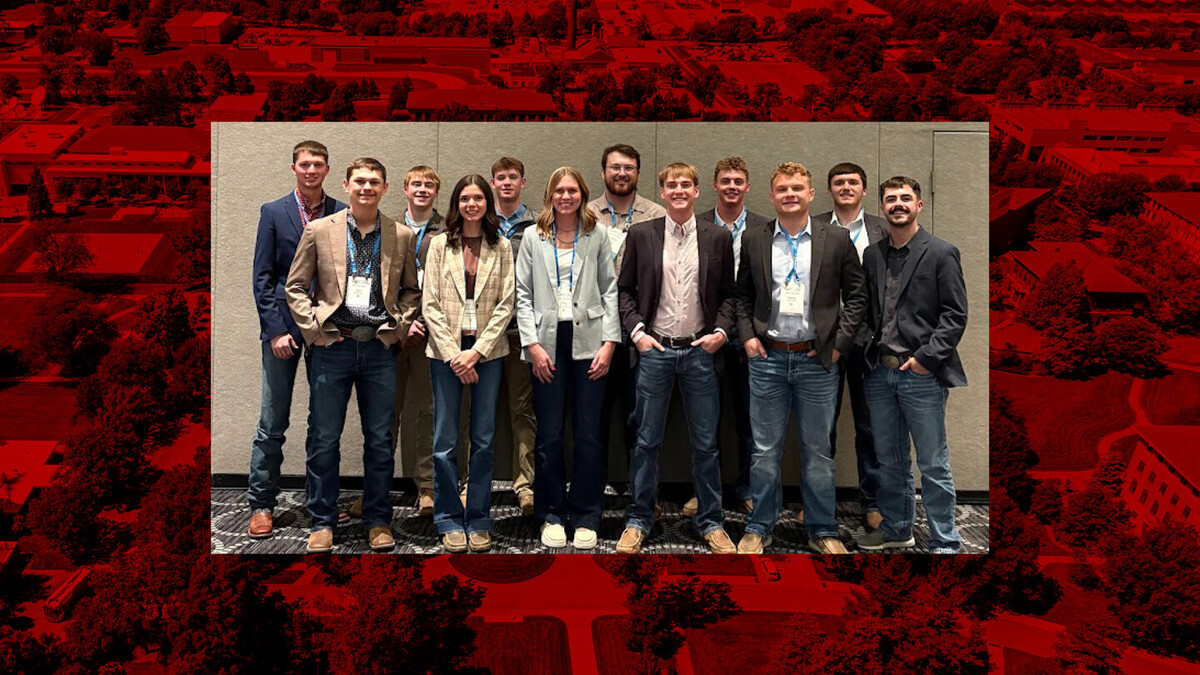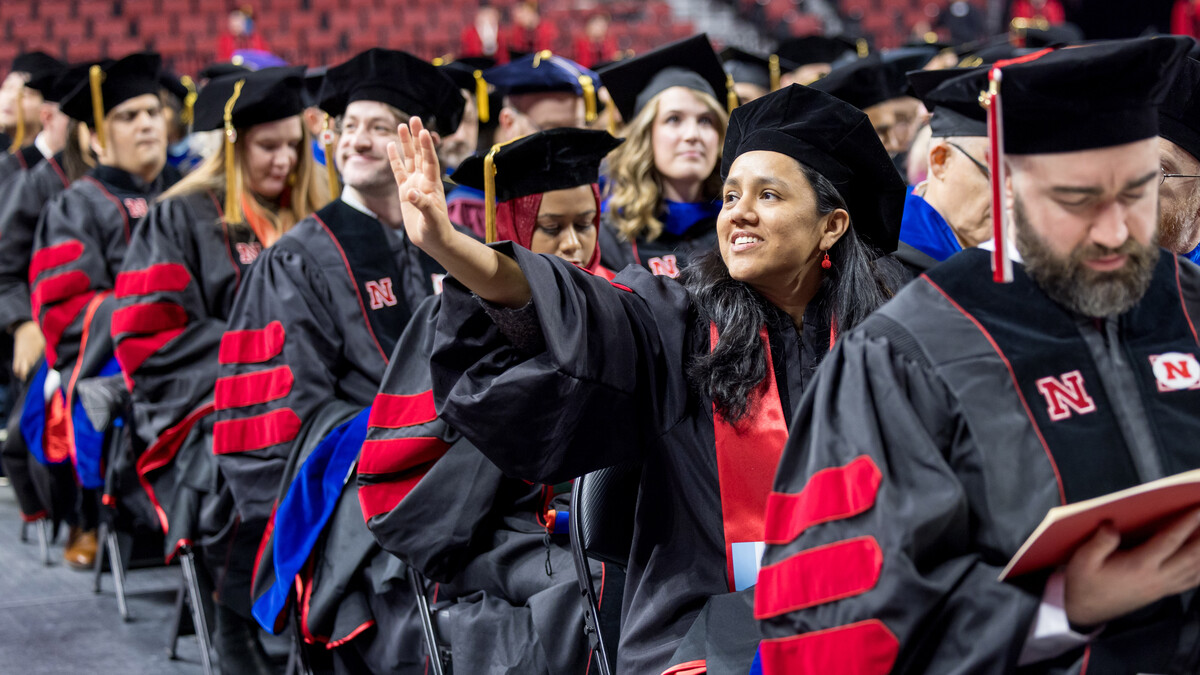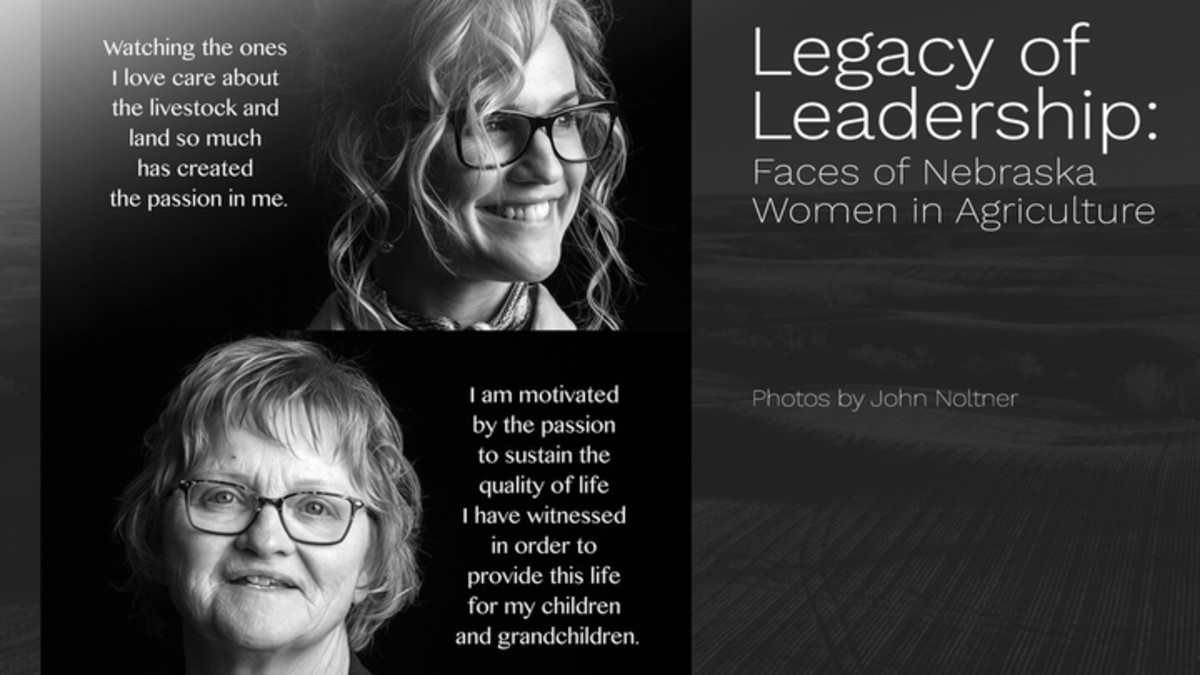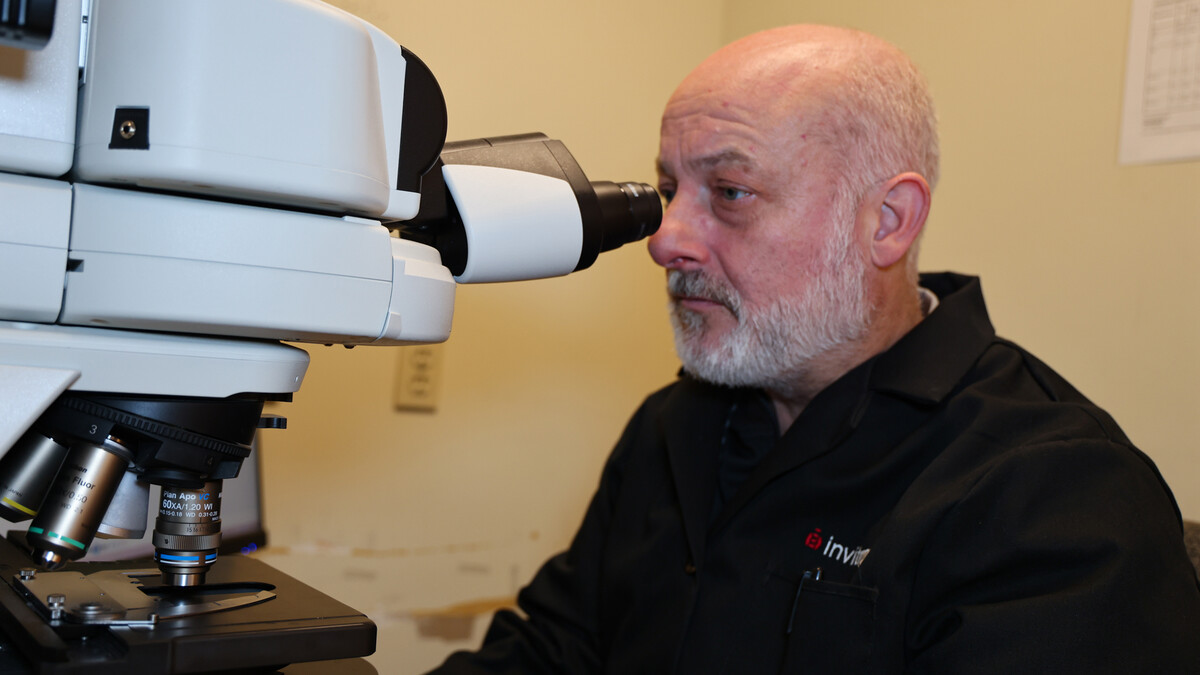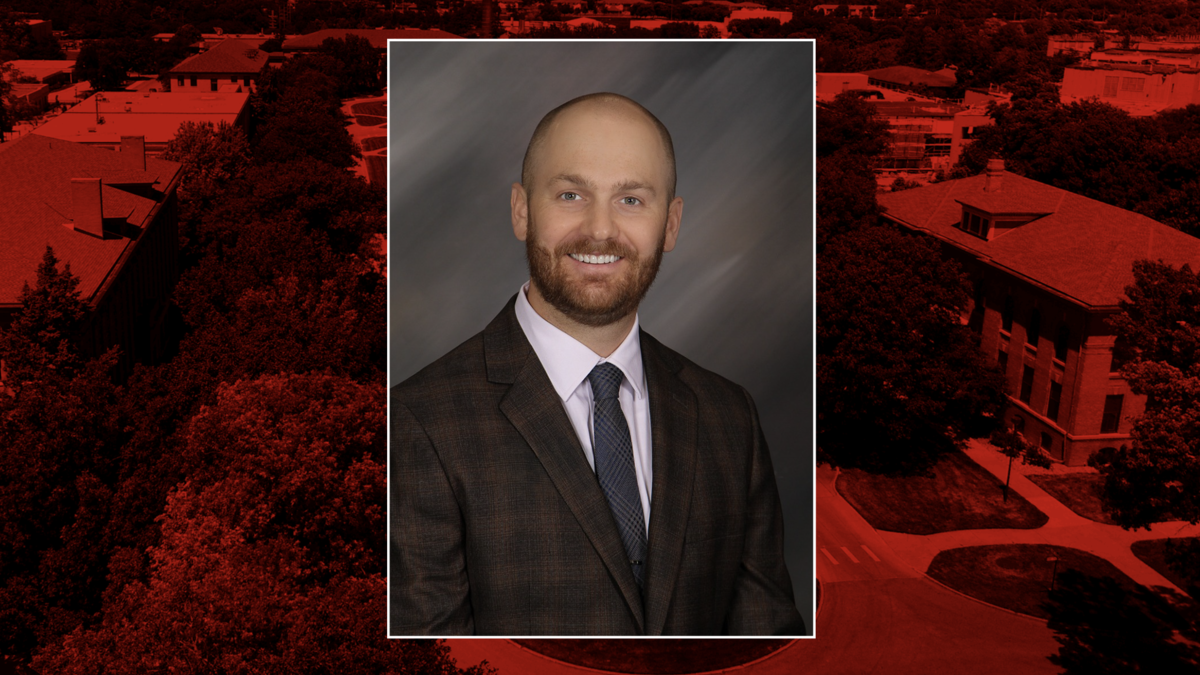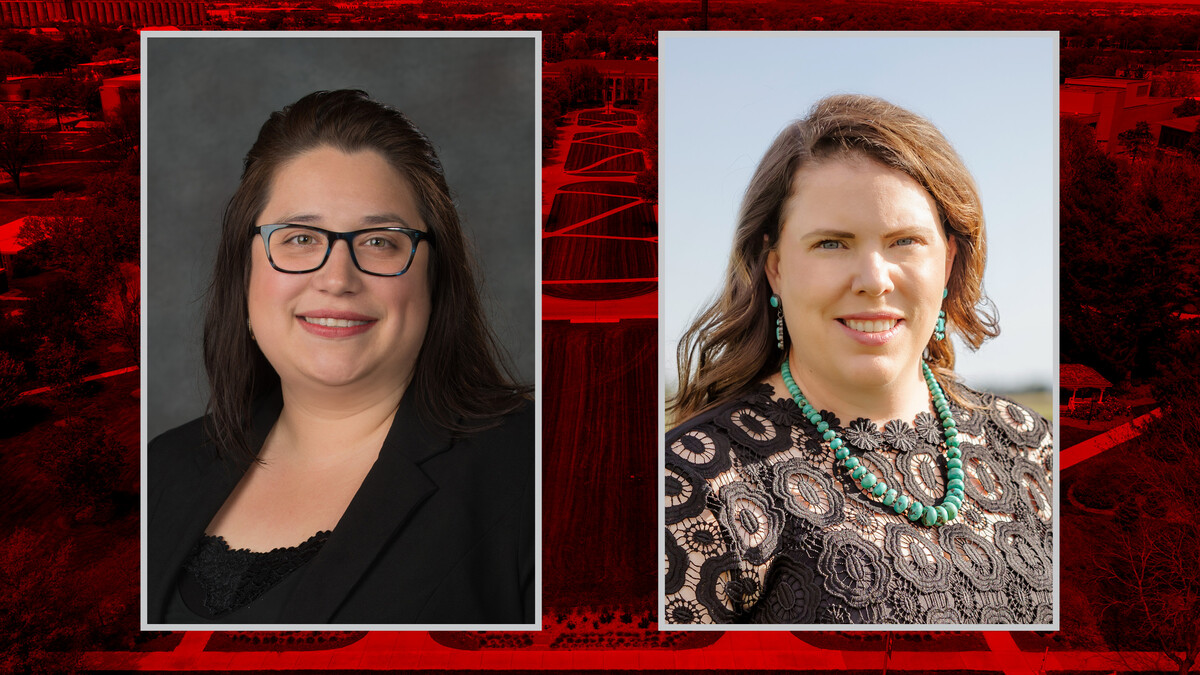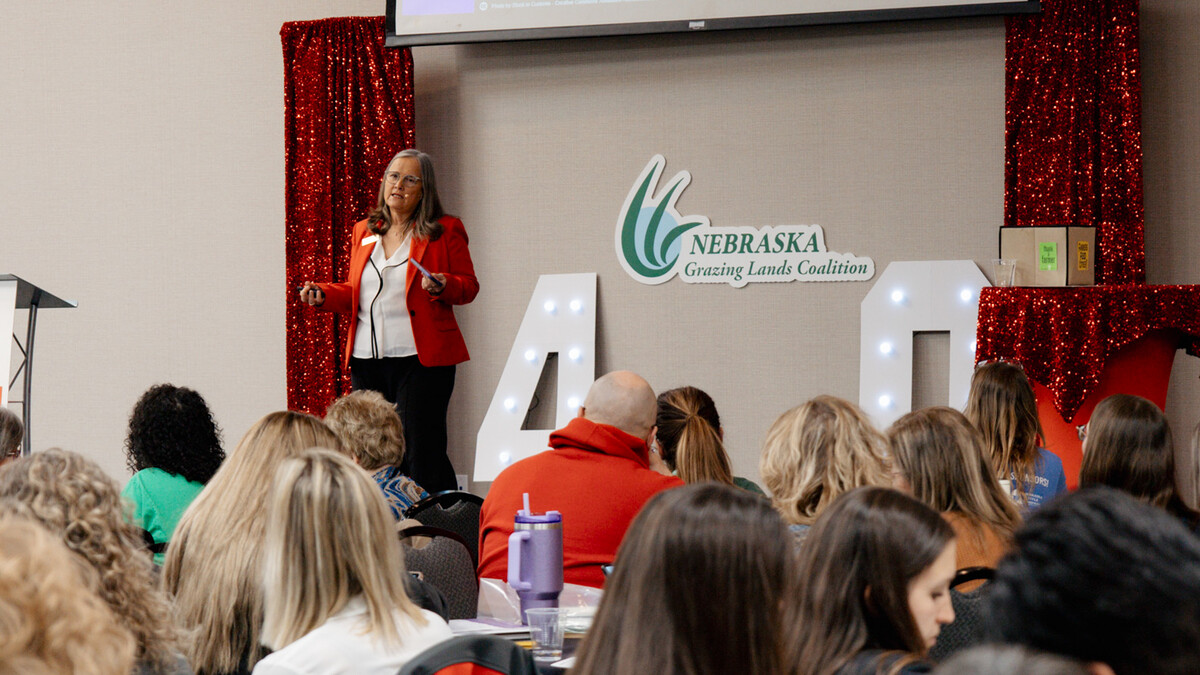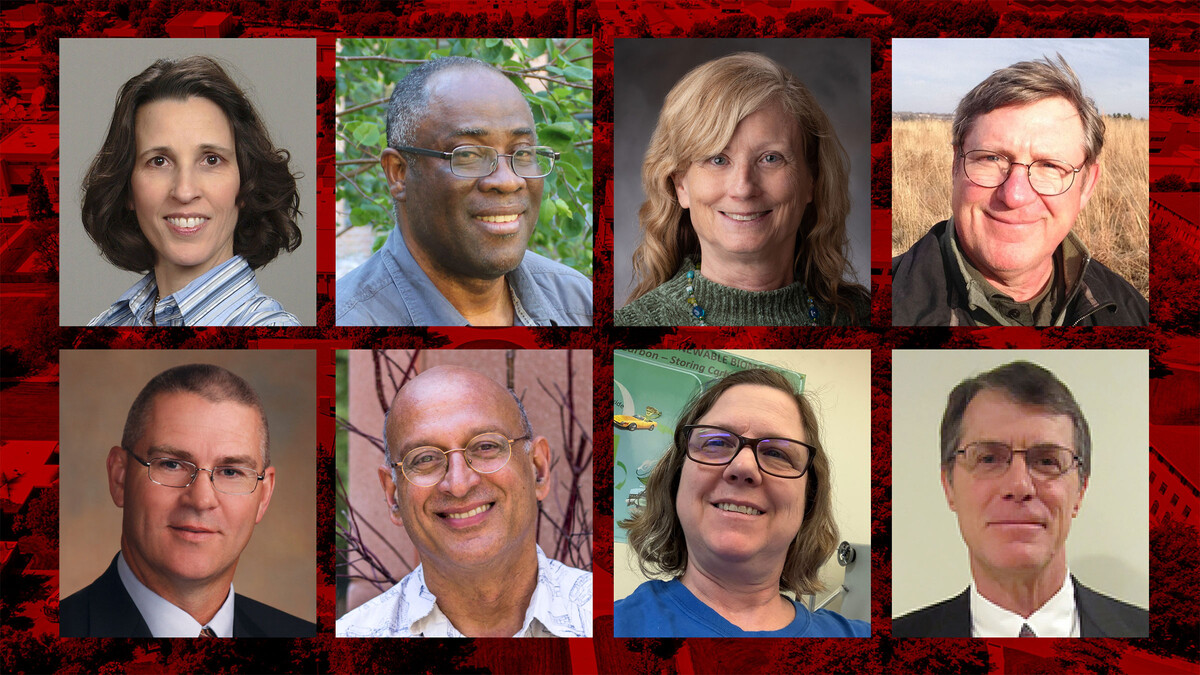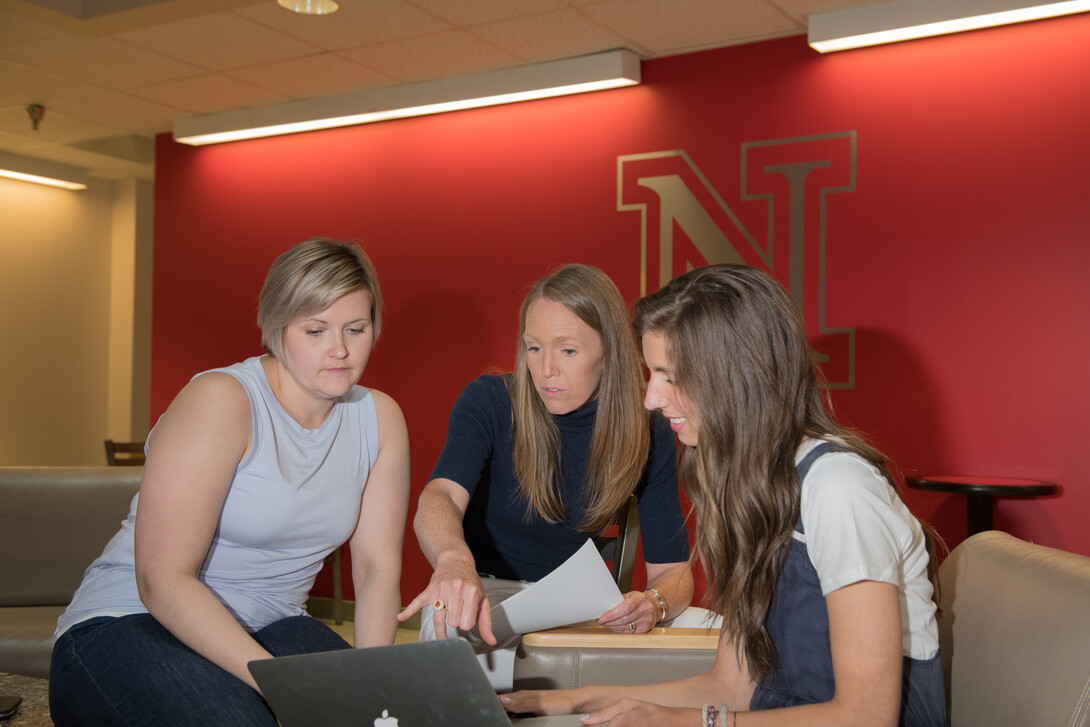
Lincoln, Neb. —Community development leadership has mostly looked the same for a long time. A cohort gathers once a month, takes a trade-based leadership assessment and tours a local business. Occasionally they complete a community development project. Lindsay Hastings, a professor in the department of Agricultural Leadership, Education and Communication, decided that traditional format was due for a change.
“Traditional leadership development isn’t necessarily wrong,” she said. “But in terms of really enhancing leadership capacity to be able to be enacted in a community context, we just haven’t seen data that supported that idea.”
Hastings, in collaboration with Mary Emery, executive director of Rural Prosperity Nebraska, and Jordan Rasmussen, a Rural Prosperity Nebraska Extension educator, have received a $37,855 grant from the North Central Regional Center for Rural Development to organize a Leadership Chautauqua, a gathering of leadership professionals to rethink leadership development. The Chautauqua will be organized in conjunction with the Heartland Center in Lincoln, Iowa State University, and Nebraska Community Foundation.
“Some of the better imperial work that has been done on community leadership development certainly documents a lot of individual leadership development, but then when they try to model out individual change to community change, the models begin to fall apart,” said Hastings. “The idea behind this Chautauqua is to bring together both scholars and practitioners to discuss how we can revolutionize Extension’s role in community leadership development.”
The term “Chautauqua” refers to a meeting in 1874 at Lake Chautauqua, New York, that brought together Sunday-school teachers to discuss biblical studies. The word, however, has evolved to include any meeting that brings together diverse voices and perspectives to arrive at a common consensus on a topic.
The Leadership Chautauqua will bring together people in the field of leadership development—economic development directors and university scholars, as well as individuals not involved in programming but support or generate support for community leadership development, such as those at Nebraska Community Foundation. The goal is to arrive at a consensus on the most effective methods of developing leaders and leadership capacity among community leaders.
Topics of discussion will range from curriculum delivery methods between individuals and cohorts, to mentoring structures, to whether leadership should take place in a boardroom or “on location” at individuals’ places of employment. One focal point for Hasting is how to include those traditionally excluded from leadership opportunities because of logistics.
“Who’s not at the table in community leadership development, and who needs to be?” she said. “When we think about communities that, for example, have meat processing plants, where there’s a three-shift system, there would be an entire percentage of the workforce in that plant who can’t even take part in community leadership development because they’re not available when community leadership meetings take place. Those are some of the issues that we’re really trying to dive into to resolve.”
The Chautauqua will be a day-long discussion and take place in November, coinciding with Nebraska Community Foundation’s annual banquet. The results will be made available through Extension bulletins, academic publications, and presentations by Extension educators and community development professionals.
Currently Hastings, Emery and Rasmussen are applying for an additional grant that would allow them to take the findings from the Chautauqua and create leadership development programming that could be used in communities across the country.
